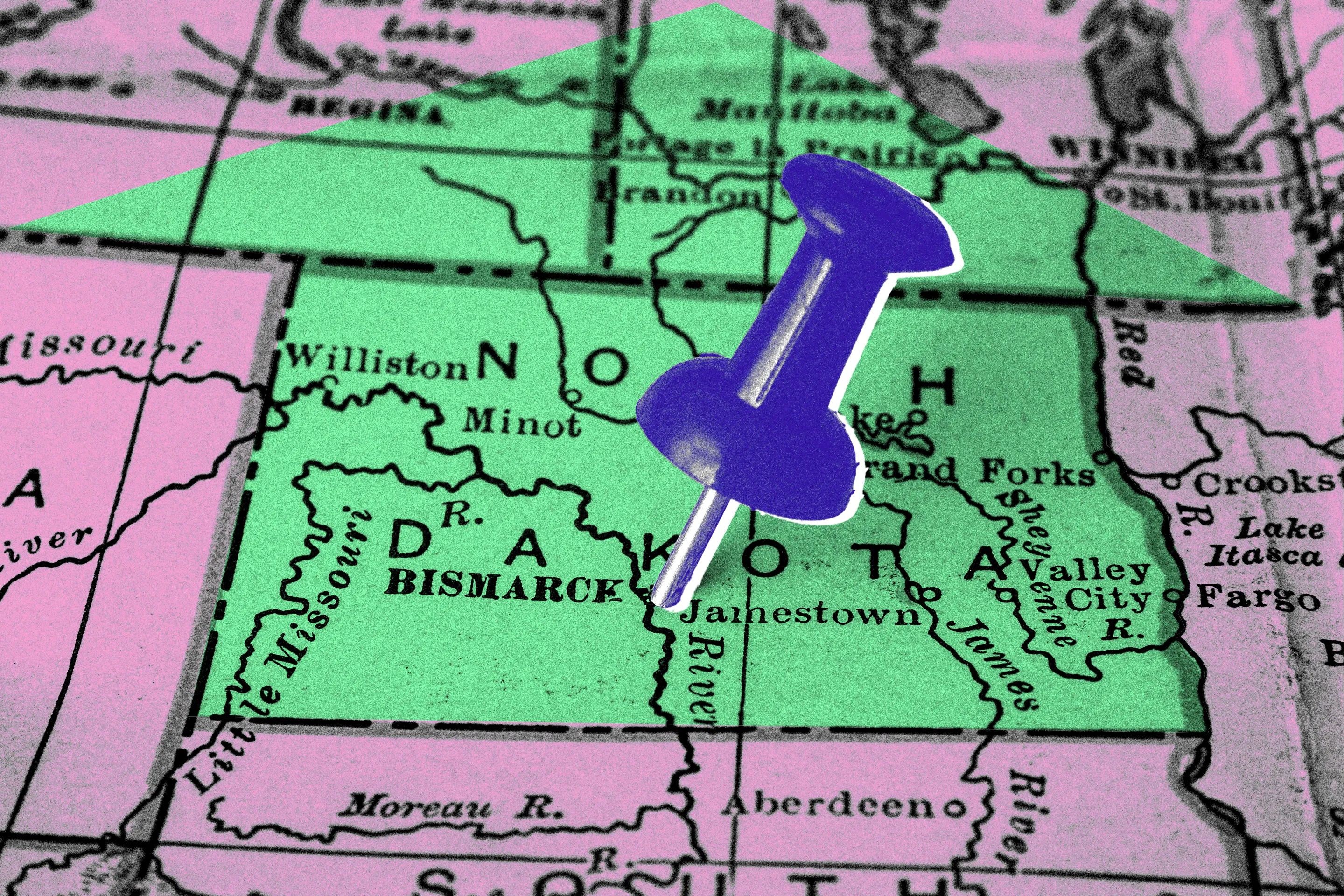Voters in North Dakota voted to eliminate property taxes entirely in what was called the “most sweeping” property tax measure in Tuesday’s election, but despite the temptation of tax breaks, they rejected it.
Eliminating property taxes could hurt state government budgets; it would cost approximately $1.3 billion per year. But North Dakotans rejected that path, voting 63% to 37% to repeal the vote.
In a campaign report, Realtor.com wrote that the proposal would make North Dakota “the first state in the nation without any property taxes, raising questions about how it would continue to fund key services and infrastructure that benefit homeowners.” “
North Dakota’s property tax rate averages 0.97% and costs the typical homeowner about $2,700 per year.
Property taxes can be a burden on homeowners, but they provide revenue for schools, public safety and other needed government programs. States have to pay for these things somehow, and eliminating property taxes would likely require states to recoup lost tax dollars by collecting higher sales or income taxes, according to Realtor.com.
Outside of North Dakota, people in several other states voted in favor of measures to reduce, but not eliminate, property taxes.
Florida voters passed Amendment 5, which adds an inflation adjustment that would expand a key exemption known as the homestead tax exemption. This reduces how much of the home’s value will be taxed. The change received the support of approximately 66% of voters and will go into effect on January 1.
Georgia also passed an amendment expanding the homestead tax exemption. According to the ballot question, the goal was to “limit increases in homestead assessed values,” which would provide relief to owners paying higher taxes after recent increases in home values. As of Wednesday afternoon, the amendment had 63% support.
Residents in Colorado and New Mexico voted to expand property tax breaks for disabled veterans.
Meanwhile, votes are still being counted in Arizona on a proposal that would offer property tax refunds to homeowners if public nuisance laws are not followed. The proposal was put forward in response to rising homelessness.
Finally, a majority of Illinois voters voted in favor of a non-binding advisory question to impose a “millionaires tax.” The plan would increase taxes on people with incomes in the seven figures, and the money would go towards property tax breaks. But state officials would have to amend the Illinois Constitution to make that happen.
More money:
8 Best Mortgage Lenders of 2024
These 20 Places Have the Lowest Property Taxes in the Country
Why States With No Income Tax Are Not As Affordable As They Seem
